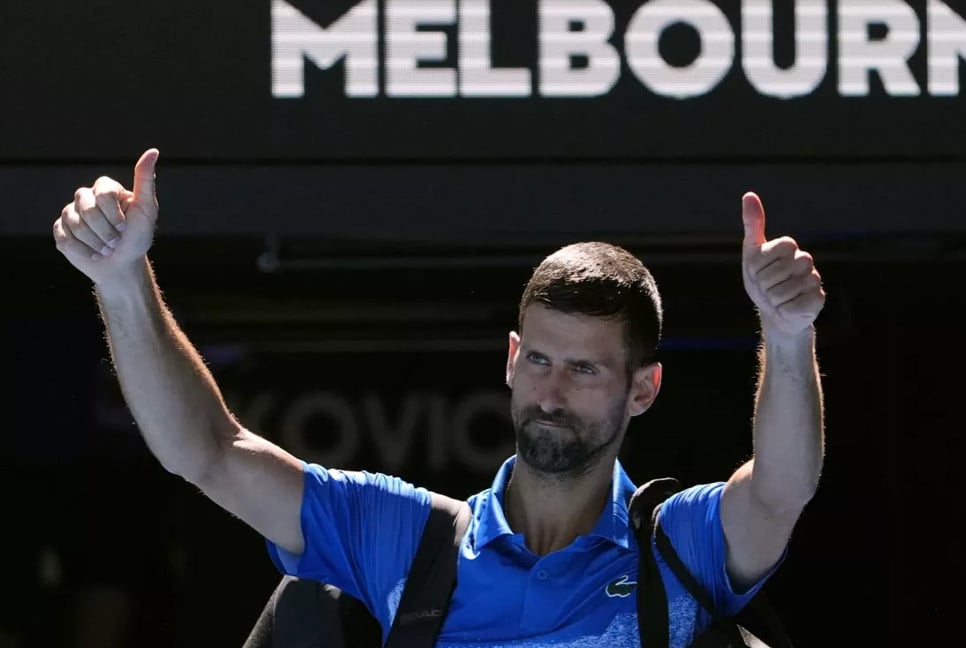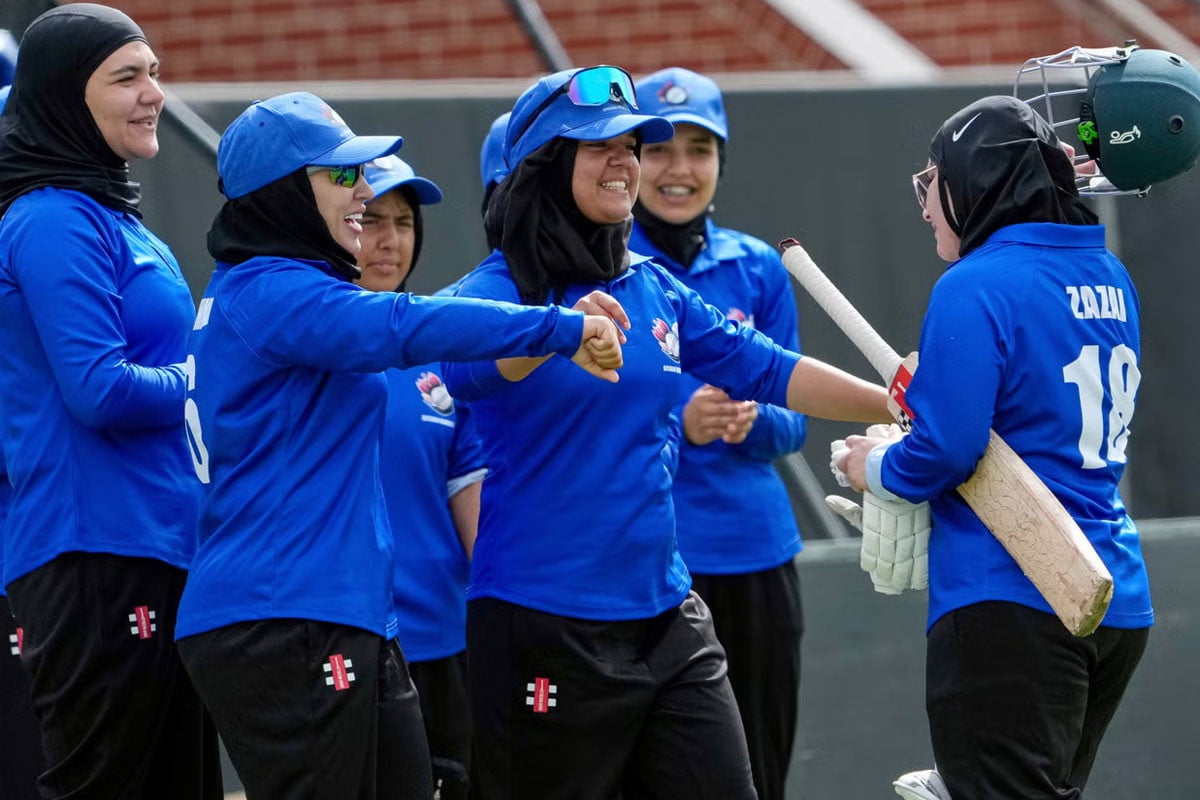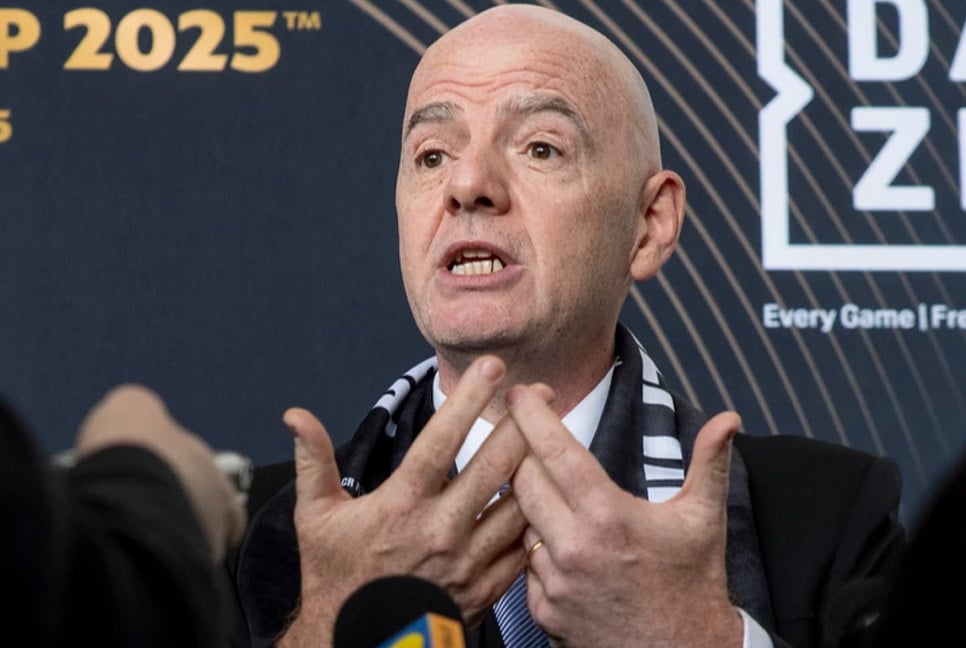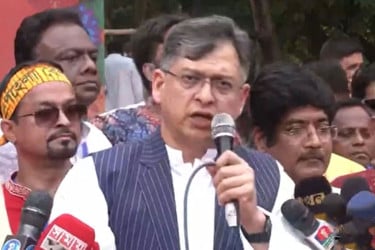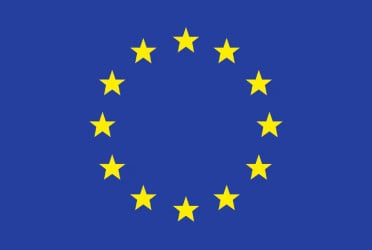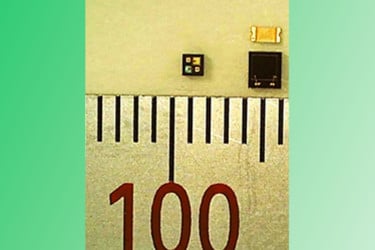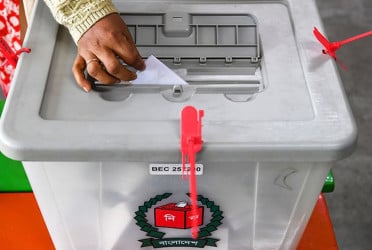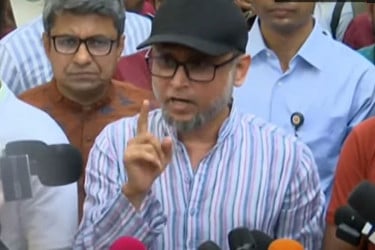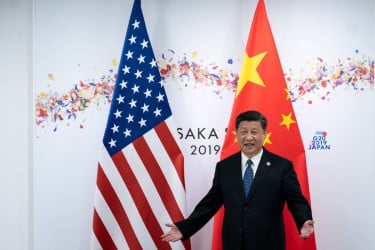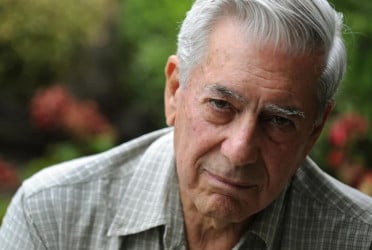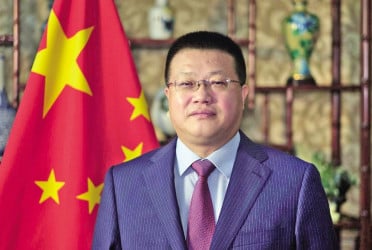Novak Djokovic asserts that many tennis players have lost confidence in anti-doping agencies following Jannik Sinner's three-month suspension, with a prevailing belief that the sport’s biggest stars receive preferential treatment, reports AP.
The 24-time Grand Slam champion has urged the World Anti-Doping Agency (WADA) and the International Tennis Integrity Agency (ITIA) to reform their approach to doping cases, arguing that “the system and the structure clearly don’t function properly.”
22-time Grand Slam champion Rafael Nadal will retire from tennis after next month's Davis Cup finals
“At present, there is a general lack of trust among tennis players, both male and female, towards WADA, ITIA, and the entire process,” Djokovic stated at the Qatar Open.
World No. 1 Sinner agreed to a deal with WADA on Saturday that allows him to return in time for the French Open in May, ensuring he does not miss a Grand Slam tournament. This followed the ITIA’s decision not to suspend him after determining that his positive test for an anabolic steroid last March was the result of accidental contamination.
Sinner’s brief suspension follows Iga Swiatek’s one-month ban in November for testing positive for a banned substance, which she attributed to accidental contamination from a nonprescription medication. Both suspensions are significantly shorter than those typically imposed on athletes in tennis and other sports for similar infractions.
“This isn’t good for the sport’s reputation, that’s certain,” Djokovic, a long-time World No. 1, remarked. “Most of the players I’ve spoken to, not only in recent days but over the past months, are dissatisfied with how Sinner’s case has been handled.
“The majority feel it’s unfair. There’s a perception of favouritism at play. It seems that if you’re a top player with access to leading lawyers, you can influence the outcome.”
Sinner had initially been scheduled to compete in Qatar before accepting his ban.
Concerns over inconsistencies in handling doping cases had already been raised, and once the ban was confirmed, it was widely criticised by fellow players. Sinner’s positive test results were not disclosed until August, as he had successfully appealed against a provisional suspension. He then went on to claim victory at the U.S. Open in September and the Australian Open in January.
Sinner explained that trace amounts of Clostebol in his doping sample stemmed from a massage given by a trainer who had used the substance after cutting his own finger—a defence WADA accepted.
Djokovic emphasised that he does not question the innocence of either Sinner or Swiatek but expressed frustration over the inconsistent manner in which doping cases are managed.
He cited the example of former women’s World No. 1 Simona Halep, who initially received a four-year ban from the ITIA in 2022 before it was reduced to nine months, as well as British player Tara Moore, who was suspended in May 2022. Moore’s case took 18 months to resolve, with an independent tribunal ultimately concluding that her positive test was due to contaminated meat.
“This is the right moment to address these systemic issues because it’s evident that the current structure doesn’t work,” Djokovic asserted. “I hope that, in the near future, the governing bodies of our sport and the broader tennis ecosystem will collaborate to establish a more effective way of handling these cases.”
Bd-pratidin English/Tanvir Raihan

